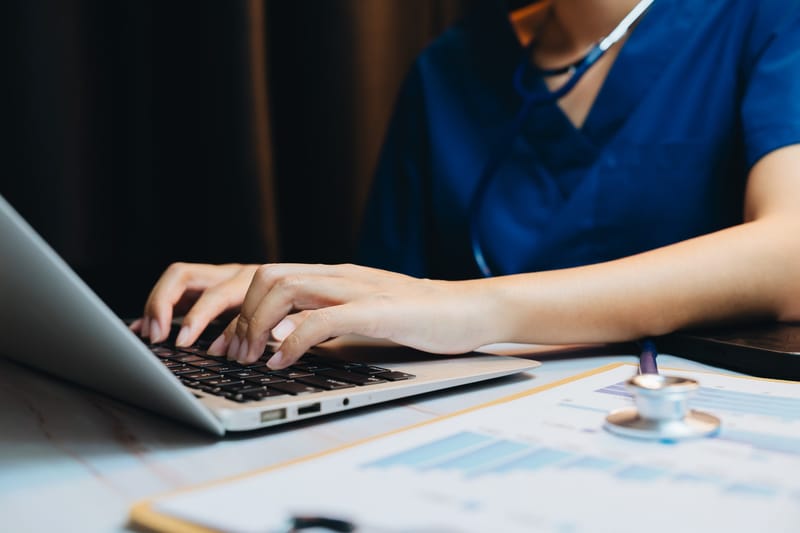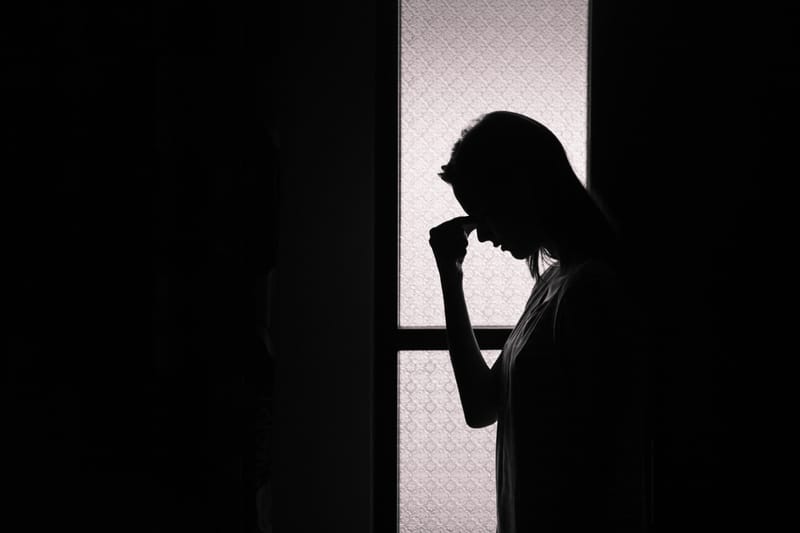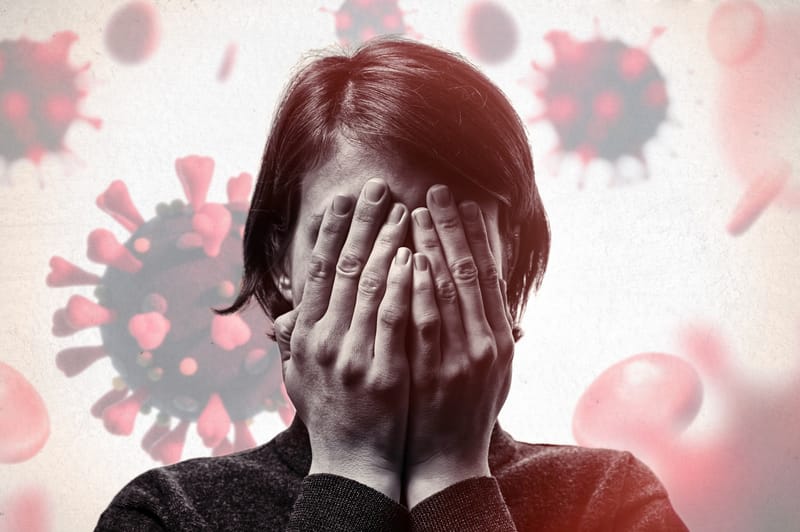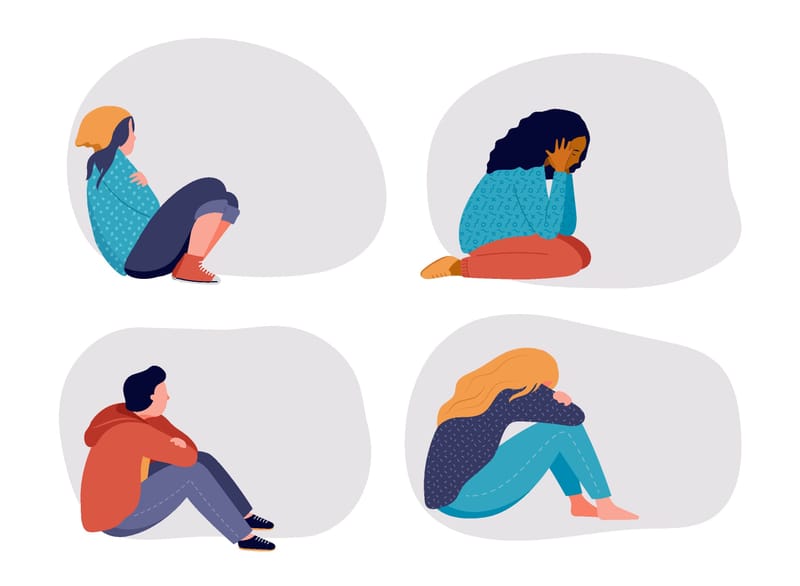
You just can’t wish away the COVID virus. Opening gyms, allowing sports like boating and golf, and resuming church congregations may relieve those who feel their personal rights have been stymied, but it’s just too early to imagine this virus has been conquered.
This is why.
In South Korea, one of the countries that has done an exemplary job of dampening the disease with social distancing and widespread testing, some people who recovered from coronavirus have retested positive, according to the Korea Centers for Disease Control and Prevention (KCDC).
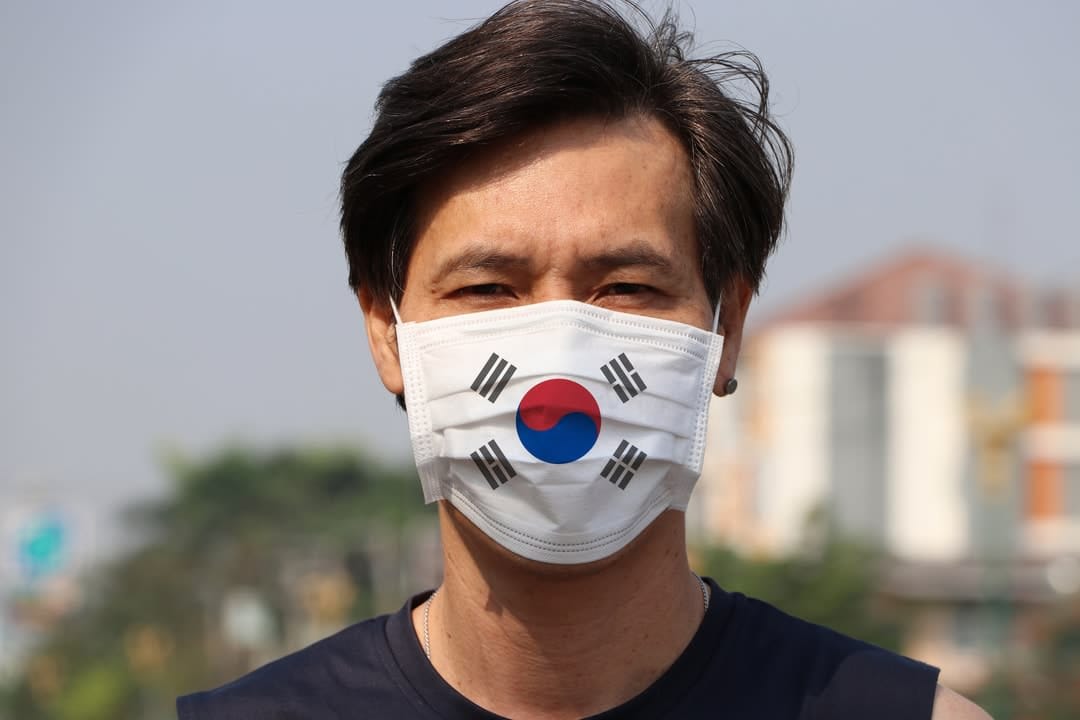
This is a big deal. It’s unlikely these people have been re-infected, and more likely they had a low viral load that was originally negligible and below the detection of current tests. According to KCDC deputy director Kwon Joon-Wook, while there's no indication that patients who retest positive are contagious, about 44 per cent of them showed mild symptoms.
The prospect of people remaining positive for the virus, and therefore potentially infectious, is of international concern, as the globally recommended isolation period after exposure is 14 days. Essentially, this means that the virus can hide, possibly somewhere such as the lymph nodes, away from the bloodstream, ready to repopulate a person considered free and cured of the disease.
Of the more than 3.7 million people globally who have tested positive for the virus, more than one million have recovered. Even if only a small proportion of these recover but don’t completely eradicate the virus, that’s potentially a lot of people who may have had the virus return and assume they're OK to interact with those who haven’t been infected. We simply don't know whether they remain infectious, all while the world is already starting to pull back on lockdown laws and allowing people to (safely?) congregate.
What else don’t we know about COVID?
There's some evidence that a person’s immune response is dependent on the severity of their disease – people with severe cases of coronavirus, for instance, have a more robust immune response.
It may be these people – having experienced the fevers, headaches and tremors of the illness – who have an immune system strong enough to wipe out any “hidden” reservoirs of the virus. However, a recent study by Chinese researchers, and published in The Lancet, showed that those with severe COVID illness have, not surprisingly, a heavier viral load, and took longer to rid themselves of the virus.
There's also data that says that about seven in 10 of those mildly infected with COVID actually develop what are called neutralising antibodies, an indicator of an immune system robust enough to kill the virus and eradicate it from the body.
In this world we've created of instant gratification, we equally expect a pandemic to be studied, solved and an answer made available to everyone, so we can all return to our normal lives.
This sort of information – that is, the antibody response in those who recover compared with those who don’t – will be crucial in the development of a prototype vaccine. But we just don’t know what will work, and what won't. What the virus can do, and what stops it cold.
Which is the point. That's why wishing for the curve to just flatten and then drop off, and for everything to return to normal is a moot point.
This virus is less than four months old. We may have most of the world’s scientists working on developing a vaccine, repurposing old drugs and developing new ones – but the bottom line is that we simply do not know enough yet about how this virus works.
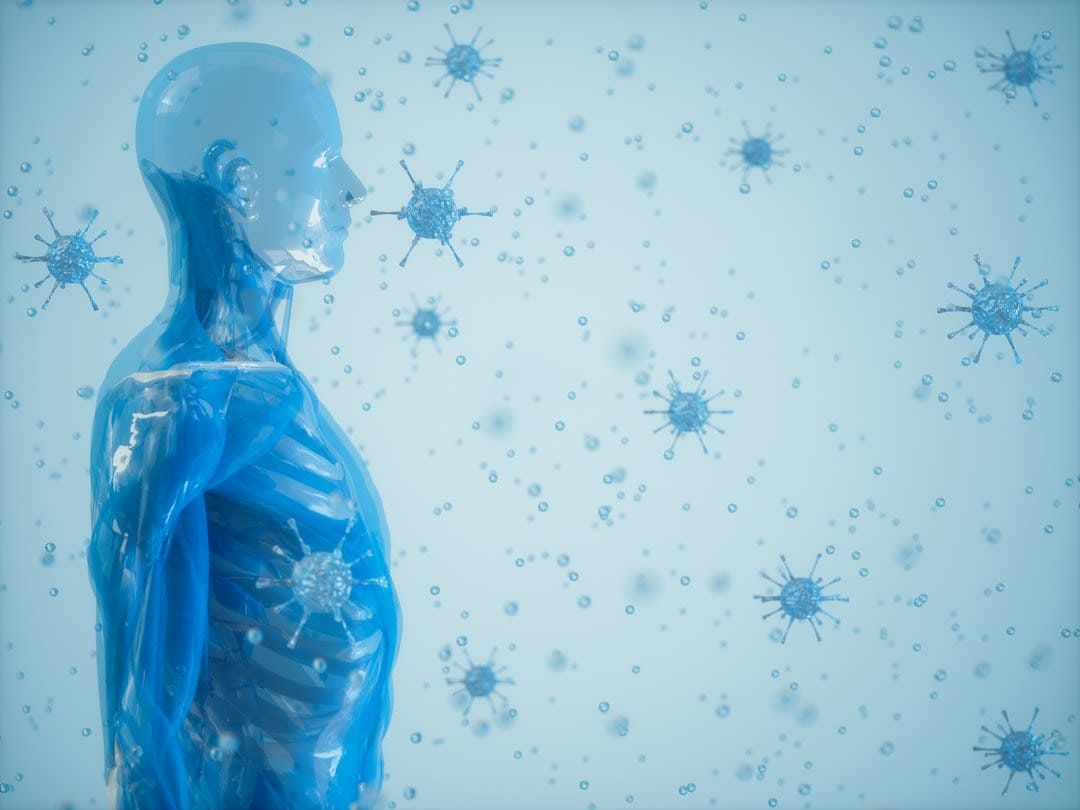
It’s likely that other immune cells – such as T cells, macrophages and natural killer (NK) cells – are used by those infected to rid themselves of the virus. Thankfully, the virus doesn’t appear to mutate much, which makes the development of a universal vaccine easier, but its super power may be that, as appears to be the case for other human non-SARS coronaviruses, immunity wanes over time – so those of us who have been infected, and think we're immune against developing or spreading the disease, may only be confident in that for a period of time.
Whether it's weeks or years, we simply don’t know.
Which is the point behind those who worry that it’s too early to stop physical distancing, to remove the restrictions that, yes, are causing economic hardships.
In this world we've created of instant gratification, we equally expect a pandemic to be studied, solved and an answer made available to everyone, so we can all return to our normal lives.
Every day we learn something new about this coronavirus. But most often, like these cases of South Koreans mysteriously testing positive after ridding themselves of the disease, what we learn every day is how little we know about how SARS-CoV-2 operates.
To assume we can just resume our previous normal lives, when we still don’t truly know what we're fighting, could be considered premature.


